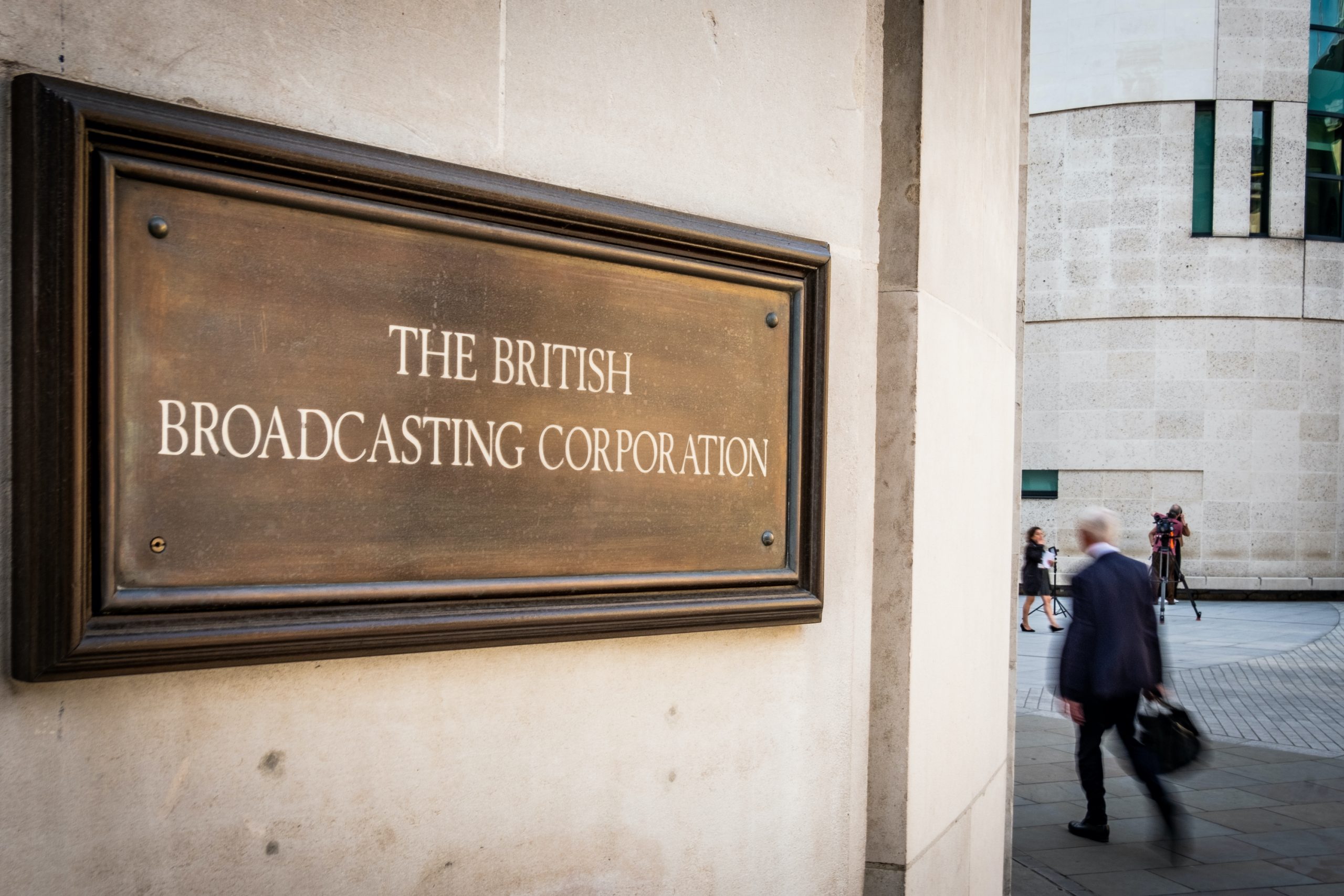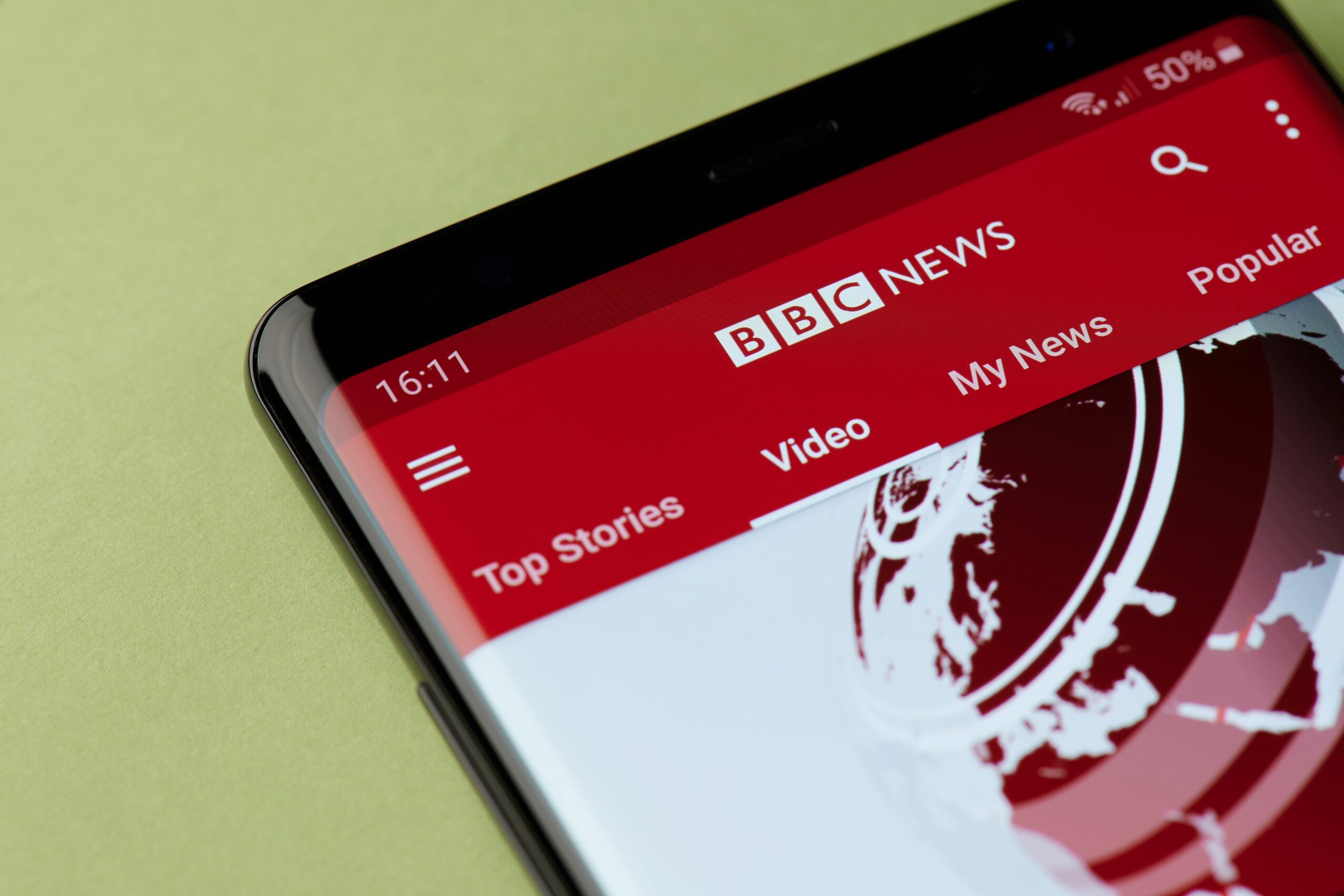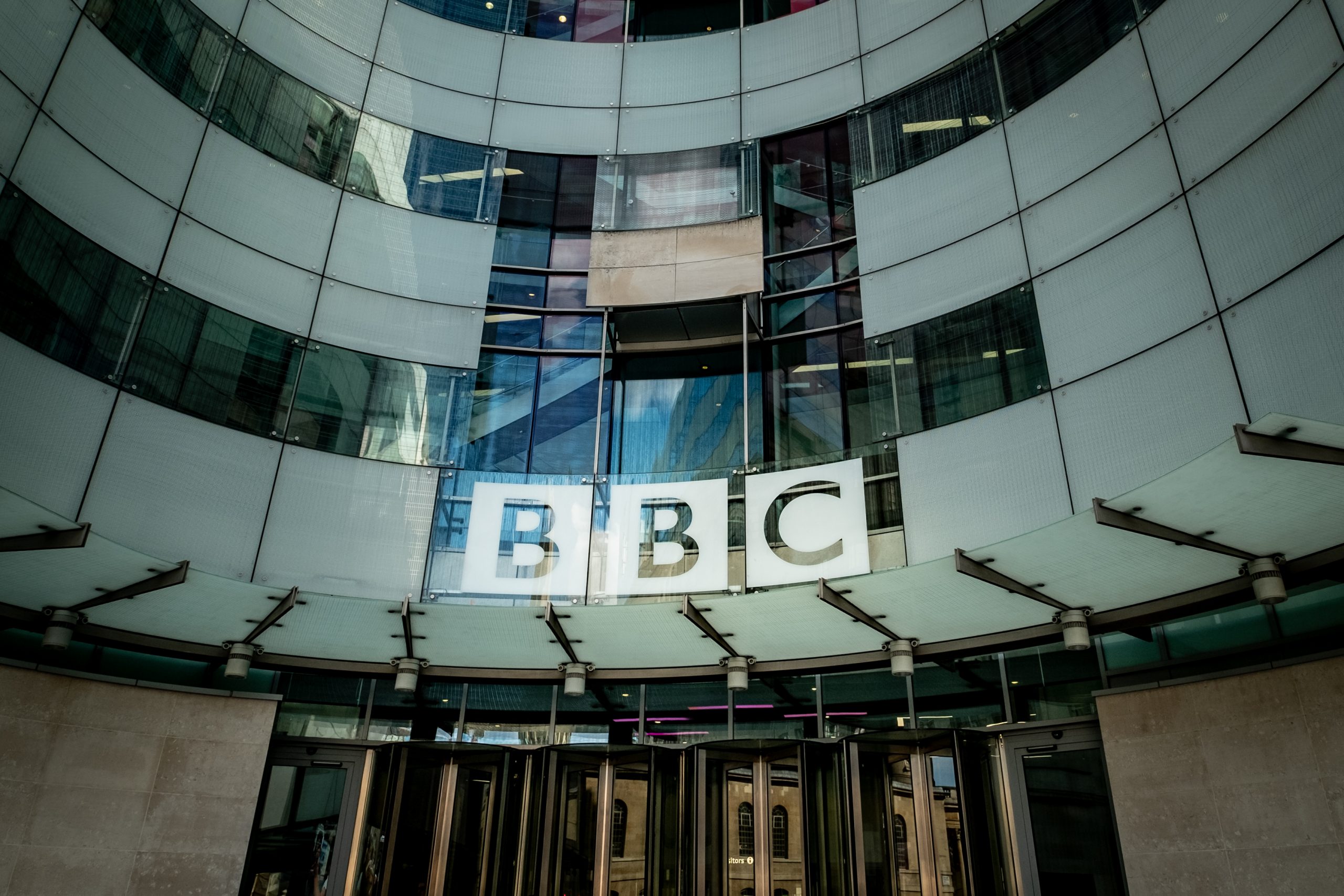Government’s Mid-term Review proposes a range of changes at the BBC
23rd January 2024
A UK Government review of the BBC has recommended a range of reforms, but critics have labelled the proposals another “kick” at the broadcaster.

IN BRIEF:
- The UK government’s Mid-Term Review has proposed a range of reforms at the BBC, with a minister saying it needs “to adapt or risk losing trust.”
- Media regulator Ofcom will gain greater powers to oversee the BBC’s online services.
- Changes will also be made to the oversight of complaints processes.
- Critics, however, have called it an attempt by the government to undermine the BBC.
IN FULL:
A UK government Mid-Term Review of the BBC has recommended a range of reforms, with culture secretary Lucy Frazer saying the public broadcaster needs “to adapt or risk losing the trust of the audiences it relies on.”
But critics and media experts have said the government’s plans amount to “another opportunity to kick” the BBC ahead of an election expected to be held later this year.
A focus on impartiality
The Mid-Term Review of the BBC’s governance and regulations was published on Monday by the Department for Culture, Media and Sport. It is timed to review how the BBC is meeting its obligations at the halfway point of its 11-year charter.
It concluded that the broadcaster’s complaints process enabled licence fee payers to hold the BBC directly accountable, but it noted that “impartiality continues to be an ongoing issue for audiences.”
It also said there was a “lack of public confidence in the way the BBC currently handles complaints.”
The government said the BBC Board would now be required to “actively oversee” the BBC’s complaints process.
Ms. Frazer also announced that Ofcom will be given more powers to regulate the BBC’s online services, including the BBC News website, allowing the regulator to take enforcement action if articles do not meet broadcast standards.
Ofcom currently oversees the BBC’s TV, radio and on-demand broadcast output, but it has no formal enforcement powers for online material. Instead, it can only issue an opinion on whether editorial guidelines have been observed. “We have recommended reforms that I believe will improve accountability while boosting public confidence in the BBC’s ability to be impartial and respond to concerns raised by licence fee payers,” Frazer said in a statement.
A BBC spokesperson said the organisation was pleased to see that some of the proposals and reforms it had implemented during the review – such as strengthening its complaints procedures – were included in its conclusions.
“Perception of bias”
In an interview on Sky News, Ms. Frazer said “evidence shows there is a perception [amongst audiences] of bias in relation to the BBC.” She said that she also believed that on occasion, it had been biased, citing a recent example when the BBC apologised for its reporting on an attack on a hospital in Gaza, which it first claimed was an Israeli airstrike, but subsequently was deemed to be a misfiring Hamas rocket. “There’s a difference between a mistake and bias, surely?”, responded the presenter, Kay Burley.
When asked for more evidence, Ms. Frazer went on to claim that “The evidence of bias is what audiences believe is the content of the bias.” “That’s perception, not evidence”, rebuffed Ms. Burley.
Listen toour podcast
Uncovering and exploring the biggest
issues facing public media
“Kicking” the BBC
The review has received significant criticism. John Mair, who recently published a book about the BBC, called the review another opportunity by the UK government to “kick” the BBC.
“Lucy Frazer’s midterm review reads like it was written for and by GB News,” he told The Guardian, referring to a recently-launched right wing news platform. “The government should trust the BBC board and trust the BBC programme makers to understand impartiality. Rather than a war against the BBC, why is the culture secretary not defending the BBC as one of the great British institutions?”
The Shadow Culture Minister, Thangam Debbonaire, accused the government of using the BBC as a “punching bag,” and that instead of “attacking and undermining one of our greatest institutions at every chance they get,” they “should be supporting the BBC to create wealth, jobs and joy.”
The head of the broadcasting union, Philippa Childs, meanwhile, accused the government in The Times of “peddling misinformation and stoking culture wars”, rather than meaningfully engaging with the issues.
Despite increased public and political scrutiny, BBC News remains the most trusted news brand in the UK, with the largest online and offline reach according to the latest Reuters Institute Digital News Report.
In a statement, the BBC said it continues to be “the number one trusted source for news, with the highest scores for impartiality and accuracy”, saying that it will continue to engage constructively with Government, and our regulator Ofcom, over the second half of this Charter and as we look ahead to a new Charter in 2028.”
Related Posts
29th November 2023
BBC News announces savings and digital reinvestment plans
The savings form part of the BBC…
26th May 2023
What the BBC is doing to meet the needs of audiences
What the BBC is doing to meet the needs…
6th May 2022
New study reveals how audiences undervalue the BBC
A new report provides evidence of how…


